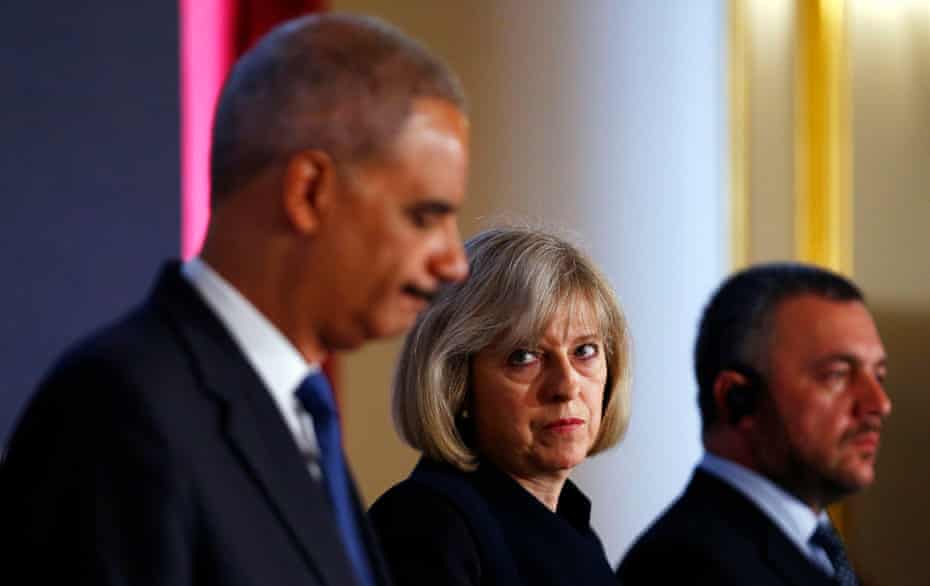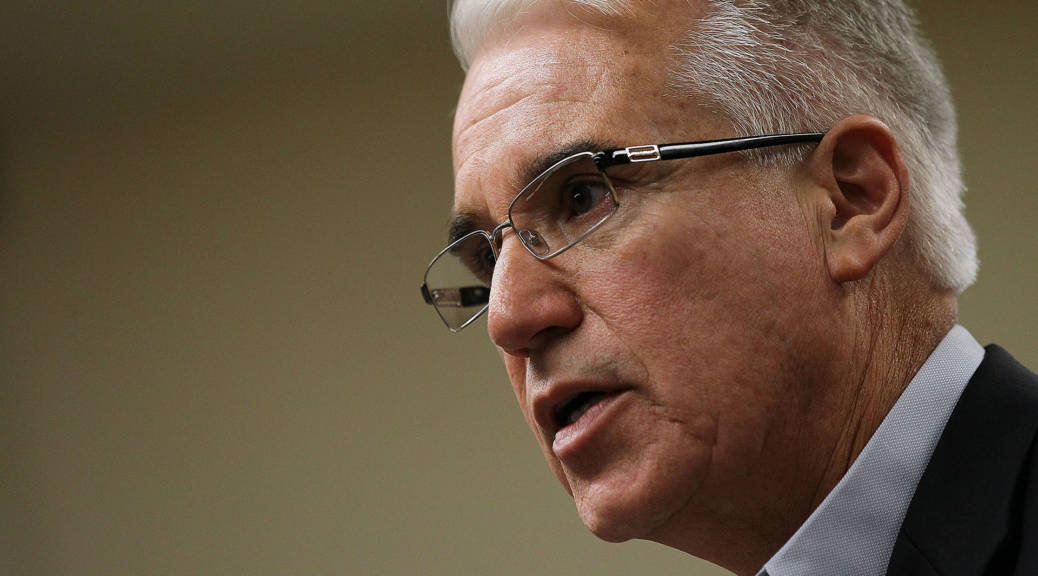Election Crimes
Election crimes threaten the legitimacy of elections and undermine public confidence in our democracy. Election crimes fall into four broad categories:
- Ballot fraud
- Campaign finance violations
- Patronage offenses
- Civil rights violations, such as voter suppression or voter intimidation
While individual states and localities have the constitutional authority and responsibility to manage elections and have their own election laws, an election crime becomes a federal crime when one or more of the following occurs:
- A ballot includes one or more federal candidates
- Election or polling place officials abuse their office
- The conduct involves false voter registration
- The crime is motivated by hostility toward minority protected classes
- The activity violates federal campaign finance law
Examples of federal election crimes include, but are not limited to:
- Giving false information when registering to vote
- Voting more than once
- Changing ballot markings or otherwise tampering with ballots
- Compensating voters
- Threatening voters with physical or financial harm
- Intentionally lying about the time, manner, or place of an election to prevent qualified voters from voting
- Political fundraising by federal employees
- Campaign contributions above legal limits
- Conduit contributions
- Contributions from foreign or other prohibited sources
- Use of campaign funds for personal or unauthorized purposes
Distinguishing between legal and criminal conduct is critical for ensuring the integrity of U.S. elections. The following activities are not federalelection crimes; however, states have their own election laws. If you are concerned about a possible violation of a state or local election law, contact your local law enforcement.
- Giving voters rides to the polls or time off to vote
- Offering voters a stamp to mail a ballot
- Making false claims about oneself or another candidate
- Forging or faking nominating petitions
- Campaigning too close to polling places
The FBI plays an important role in preventing violations of your constitutional rights, including your right to vote. Report any instances of potential election crimes to your local FBI field office as soon as possible.
Fair elections are the foundation of our democracy, and the FBI is committed to protecting the rights of all Americans to vote.
The U.S. government only works when legal votes are counted and when campaigns follow the law. When the legitimacy of elections is corrupted, our democracy is threatened.
While individual states run elections, the FBI plays an important role in protecting federal interests and preventing violations of your constitutional rights.
An election crime is generally a federal crime if:
- The ballot includes one or more federal candidates
- An election or polling place official abuses their office
- The conduct involves false voter registration
- The crime intentionally targets minority protected classes
- The activity violates federal campaign finance law
Protect Your Vote
- Know when, where, and how you will vote.
- Seek out election information from trustworthy sources, verify who produced the content, and consider their intent.
- Report potential election crimes—such as disinformation about the manner, time, or place of voting—to the FBI.
- If appropriate, make use of in-platform tools offered by social media companies for reporting suspicious posts that appear to be spreading false or inconsistent information about voting and elections.
- Research individuals and entities to whom you are making political donations.
Voter Suppression
Intentionally deceiving qualified voters to prevent them from voting is voter suppression—and it is a federal crime.
There are many reputable places you can find your polling location and registration information, including eac.gov and usa.gov/how-to-vote. However, not all publicly available voting information is accurate, and some is deliberately designed to deceive you to keep you from voting.
Bad actors use various methods to spread disinformation about voting, such as social media platforms, texting, or peer-to-peer messaging applications on smartphones. They may provide misleading information about the time, manner, or place of voting. This can include inaccurate election dates or false claims about voting qualifications or methods, such as false information suggesting that one may vote by text, which is not allowed in any jurisdiction.
- For general elections, Election Day is always the first Tuesday after November 1.
- While there are some exceptions for military overseas using absentee ballots by email or fax, you cannot vote online or by text on Election Day.
Always consider the source of voting information. Ask yourself, “Can I trust this information?” Look for official notices from election offices and verify the information you found is accurate.
Help defend the right to vote by reporting any suspected instances of voter suppression—especially those received through a private communication channel like texting—to your local FBI field office or at tips.fbi.gov.
Report Election Crime
If you suspect a federal election offense, contact the election crimes coordinator at your local FBI office, or submit a tip online at tips.fbi.gov.







